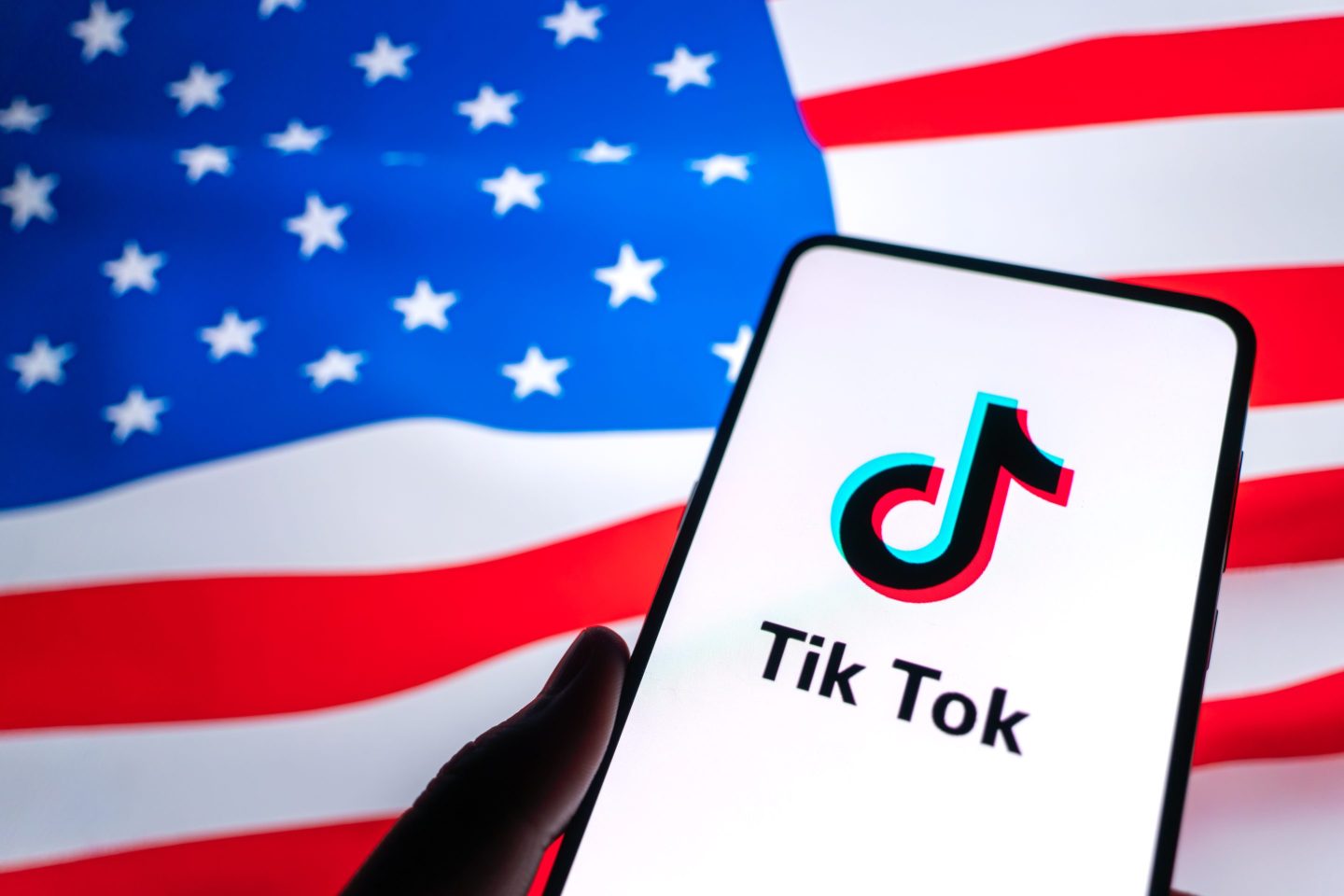Good morning. What really happened with this month’s Coinbase hack?
Fortune colleagues Jeff John Roberts and Ben Weiss recently dug into the biggest security incident in the history of the crypto exchange, only to emerge with tales of social engineering, a federal class action lawsuit, and a mysterious individual who goes by “puffy party.” I encourage you to give their report a read.
Today’s tech news below. Have a fabulous weekend. —Andrew Nusca
Want to send thoughts or suggestions to Fortune Tech? Drop a line here.
Meta and Anduril partner to make VR military headsets

Weapons startup Anduril and social media giant Meta on Thursday announced a partnership to design new virtual and augmented reality devices for the U.S. military.
Accompanying the announcement? A photo of Anduril founder Palmer Luckey and Meta CEO Mark Zuckerberg standing side-by-side in the Meta offices—smiling!
You’d never guess from the chummy photo that, just eight years ago, Zuckerberg’s company very publicly fired Luckey after a donation he made to a pro-Trump group caused an uproar among staff.
But times have changed.
The initial collaboration centers on what the companies are calling “EagleEye,” where Meta and Anduril will build devices like helmets and headsets for U.S. soldiers that will have enhanced heat and thermal sensor capabilities to help detect enemies on the battlefield, as well as built-in compute and communications features to control drones.
If the notion of the “Like” button’s creator expanding into the lethal business of battlefield tools is hard to square, consider the scale of the opportunity.
The U.S. Department of Defense has spent $156 billion on contracts in fiscal 2025 – and we’re only seven months through the year.
By partnering with Anduril, Meta puts itself in a better position to sell its Llama AI models to a lucrative customer—the U.S. military—and Anduril gets a partner for virtual reality capabilities. —Jessica Mathews
Binance scores after SEC agrees to drop lawsuit
The world’s largest crypto exchange and the Securities and Exchange Commission have agreed to end one of the most consequential—and ongoing—lawsuits in the U.S against a crypto firm.
The pending dismissal puts an end to a nearly two-year battle between the SEC and Binance.
In 2023, the agency, under President Biden, alleged that Binance violated U.S. securities laws in what former SEC chair Gary Gensler said was an “extensive web of deception.”
At the time, the SEC filed 13 charges against the exchange and alleged that the crypto company let U.S. traders access the offshore exchange, mishandled customer funds, and offered unregistered securities.
The Binance suit was one of many the SEC filed against crypto companies after the fall of the crypto exchange FTX in late 2022. The agency also targeted Coinbase, Gemini, Kraken, and a host of other firms.
In response, the crypto industry launched one of the most extensive influence campaigns in political history and spent more than $130 million to elect pro-crypto candidates—including Donald Trump.
When the 47th president took office in January, his administration quickly adopted pro-crypto positions. These included executive orders to establish a strategic Bitcoin reserve, pardons for high profile crypto figures, and the elimination of a specialized crypto enforcement unit at the Department of Justice. —Ben Weiss
DeepSeek updates its R1 AI model
The Chinese startup DeepSeek said Thursday that the new version of its R1 AI model offers improved mathematics, programming, and general logic.
“Its overall performance is close to other top international models such as [OpenAI] o3 and [Google] Gemini-2.5-Pro,” the company wrote, adding that the model has reduced so-called hallucinations by up to 50%.
It’s hardly an overstatement to say that R1 put Hangzhou-based DeepSeek on the map. The AI model stunned top AI executives and investors earlier this year—and sent their shares plunging—by offering comparable performance to their industry-leading AI models at a fraction of the cost.
DeepSeek said the upgraded R1 “has been further optimized for essays, novels, prose and other genres” and can output longer works with more sophisticated structures and writing style.
It is also substantially improved in complex reasoning tasks.
“We believe that the thought chain of DeepSeek-R1-0528 will be of great significance to the research of reasoning models in academia,” the company wrote, “and the development of small models in industry.” —AN
More tech
—Brazil sues BYD. Allegations of conditions “analogous to slavery” in its factory there.
—Victoria’s Secret hacked? A “security incident” leads to a lockdown.
—Amazon builds “ZeroOne” team. Led by Xbox cofounder and committed to “breakthrough” consumer products.
—Dell shares jump 5%. A brighter full-year profit outlook thanks to “unprecedented demand” for AI systems.
—U.K. automakers suffer, and Trump tariffs are to blame. The U.S. receives one-sixth of all U.K. auto production.
—Router botnet rises. Some 9,000 Asus devices are affected, plus those from rival providers.
—Marvell’s optimism. A sunnier Q2 outlook thanks to strong demand for custom AI chips.
—DoorDash poached her from Amazon. Meet the ascendant thirtysomething exec working on DoorDash’s tools for business customers.














